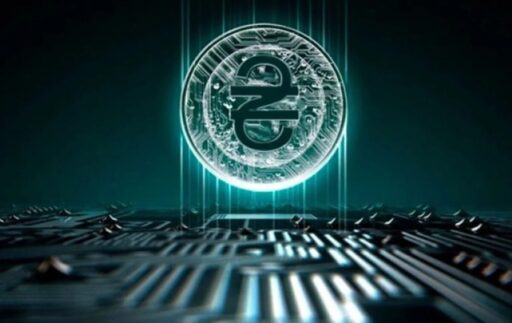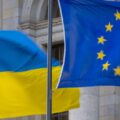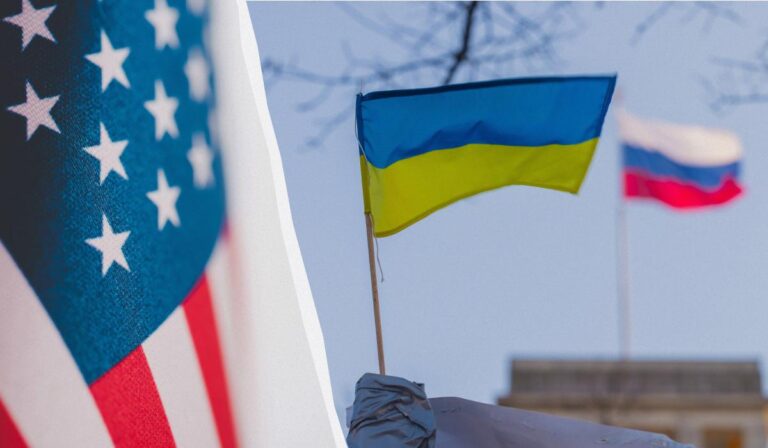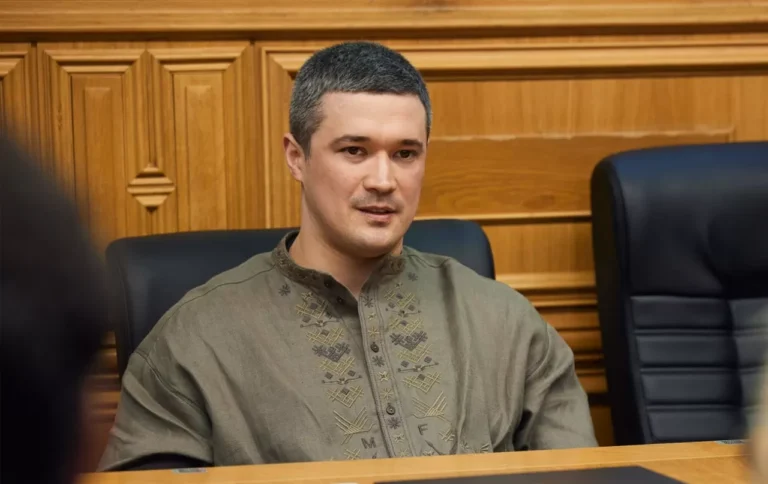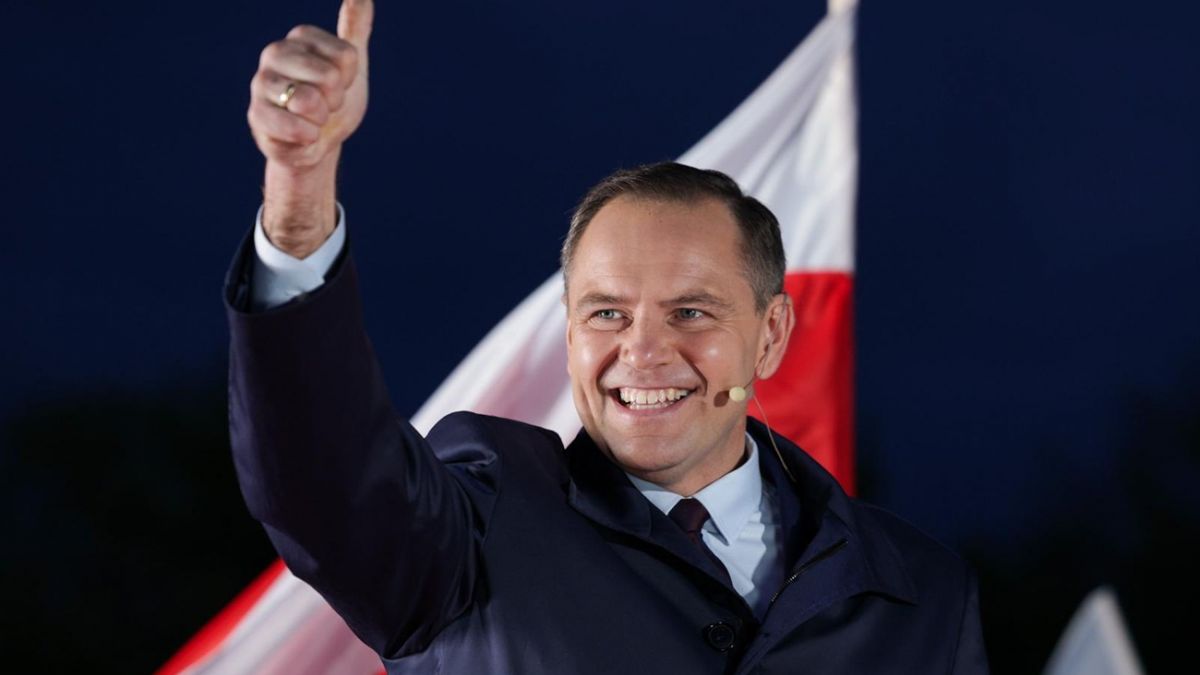
Polish President Karol Nawrocki: What His Election Means for Ukraine
Poland has elected a new head of state — and with it, the political landscape may be shifting. Karol Nawrocki, a historian by profession and a conservative by conviction, defeated liberal incumbent Rafał Trzaskowski in a tightly contested election with 50.89% of the vote.
His victory isn’t just symbolic. It may signal a turn in Poland’s stance on key issues: relations with Ukraine, refugee policy, NATO participation, and dialogue with the European Union.
Who is Karol Nawrocki?
Karol Nawrocki is not your typical party politician. At 42, he is a historian who headed Poland’s Institute of National Remembrance before becoming president. Earlier, he ran the Museum of the Second World War in Gdańsk, where he promoted a nationalist interpretation of Polish history.
Nawrocki belongs to a political circle that:
- Denies Polish culpability in conflicts with neighboring nations;
- Frames “national dignity” as the core principle of foreign policy;
- Believes Poland should defend its uniqueness in Europe, even at the cost of conflict with Brussels.
What does he say about Ukraine?
Despite expressing general support for Ukraine in its fight against Russian aggression, Nawrocki has made several pointed remarks that can’t be ignored:
- “There is no place for Ukraine in NATO or the EU” — a direct quote from a campaign debate.
- “I will not send Polish soldiers to Ukraine” — even if the war escalates.
- “We will not help others at the expense of our own citizens” — referencing social aid to Ukrainian refugees.
- The Volhynia tragedy is central to his rhetoric; he accuses Ukraine of “refusing to cooperate” on exhumations and remembrance of Polish victims.
Formally, Nawrocki supports Ukraine’s sovereignty. But he does not envision it as a future ally or partner in shared institutions.
What does it mean for Ukrainians?
1. EU and NATO membership: Polish support is no longer guaranteed
Nawrocki isn’t just skeptical of Ukraine’s Euro-Atlantic aspirations — he’s explicitly against them. And Poland had been one of Ukraine’s staunchest advocates in Brussels and Washington.
His election signals to Western leaders: “Poland is no longer Ukraine’s advocate.” That changes the strategic equation.
2. Refugee policy: Less support, more tension
While Nawrocki hasn’t promised to cut off aid for Ukrainian refugees, his language is clear. One of his quotes:
“We don’t oppose helping others — but a Pole should come first in the line to see a doctor.”
This could foreshadow rollbacks in refugee support programs and political backing for legislation that restricts access to services for Ukrainians.
3. Growing historical friction
Nawrocki is not just a president — he’s a historian with a clear position: the Volhynia massacre was a crime against Poles, and Ukraine must take responsibility. He may elevate this issue into a major theme of bilateral relations — overshadowing humanitarian aid, regional security, and historical reconciliation.
Revelant
What about Prime Minister Tusk?
It’s important to note that in Poland, the president does not run the government — the prime minister does. Donald Tusk and his pro-EU coalition remain in charge of parliament. But the president can veto key legislation, especially on foreign affairs.
With Nawrocki in office, Ukraine-related policy may become a point of open institutional conflict.
What does this mean globally?
- A potential decline in high-level European advocacy for Ukraine.
- More friction with Warsaw, even if trade, logistics, and transit remain stable.
- A broader populist shift in Europe — with “national interests” overtaking solidarity.
Nawrocki’s rise is not an isolated event. It mirrors global trends seen in the U.S. (Trump), France (Le Pen), and elsewhere. The world is moving toward “our people first” politics — and Ukraine isn’t necessarily part of that “our.”
Karol Nawrocki’s election is not a catastrophe. But it’s a clear signal: alliances shift. Support is not permanent. Solidarity is not unconditional.
This is the time for Ukraine to act — to build its own agency, seek new coalitions, and engage directly with Polish society beyond elite politics.
Because governments may change. The war won’t.



